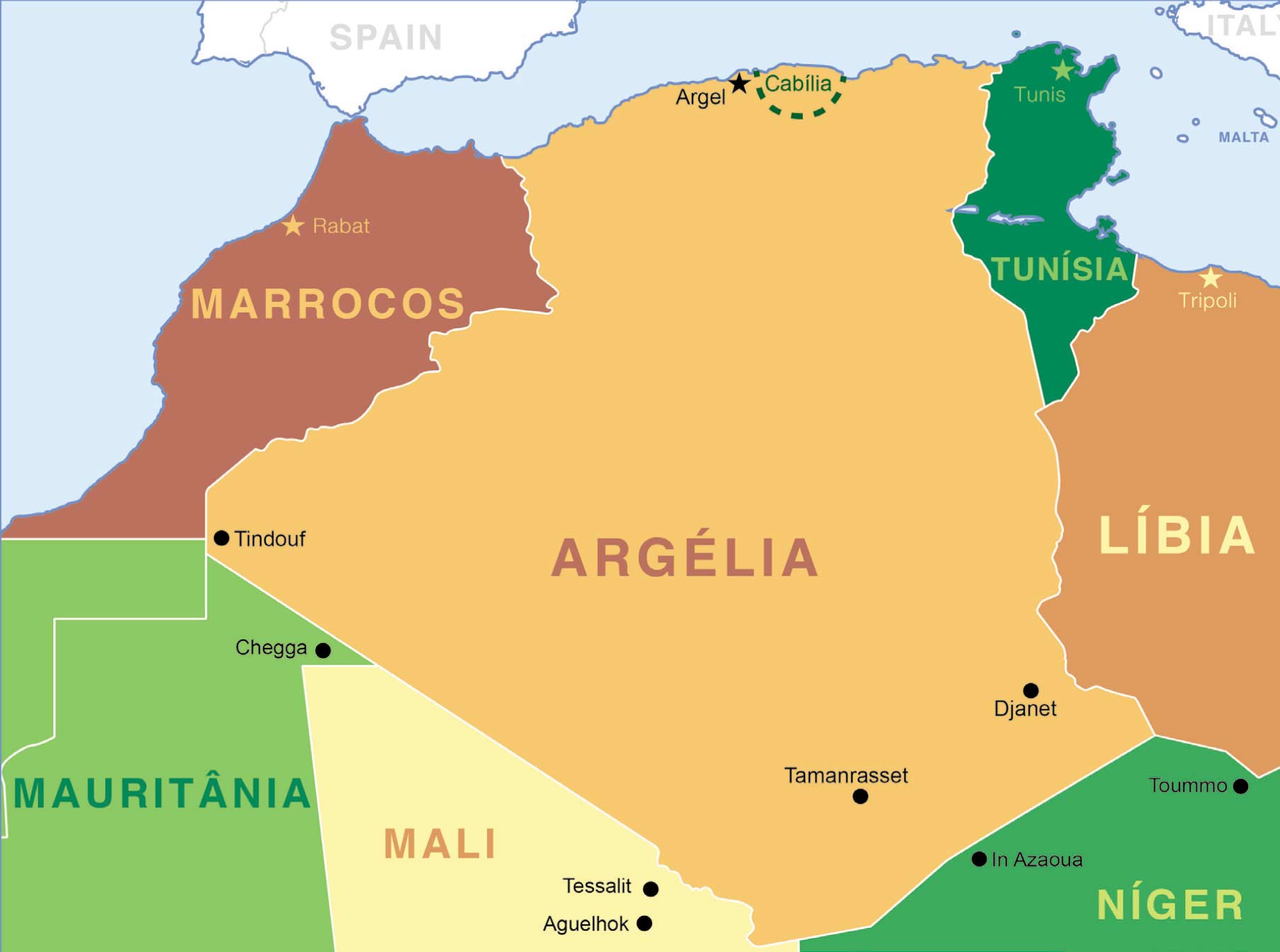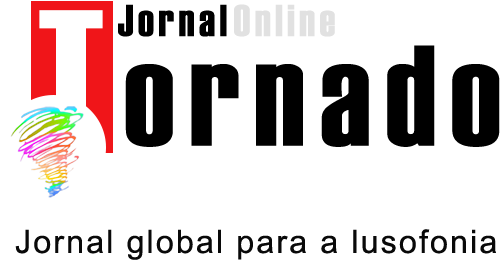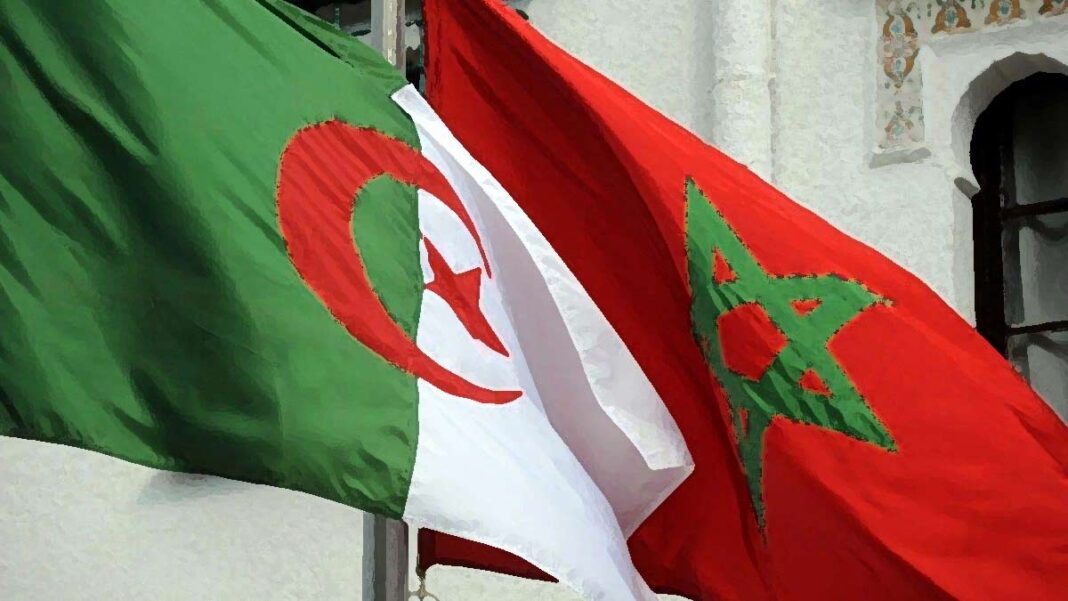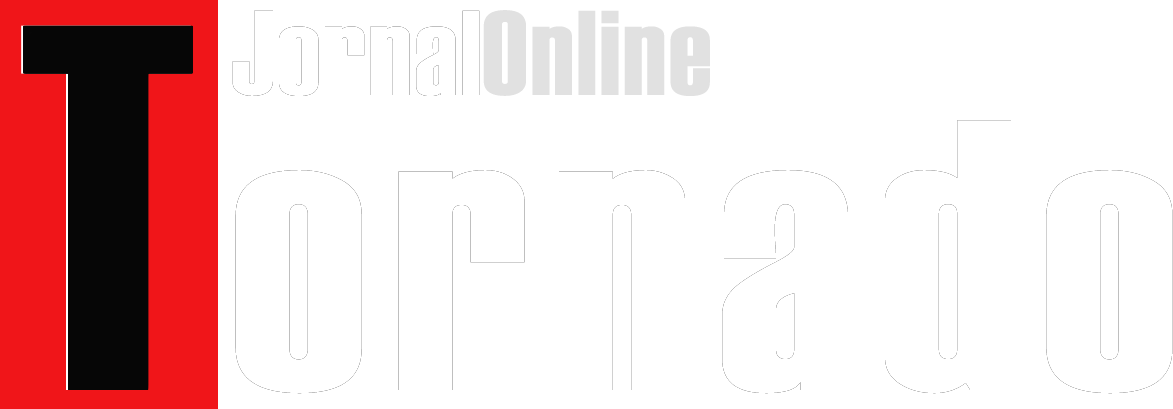Tensions have ramped up between Algeria and Morocco over Rabat’s recent distribution of an official note to members of the non-aligned movement in which it expressed support for Algeria’s Kabylie people’s right to self-determination.
The move comes in response to the newly appointed Algerian foreign minister, Ramtane Lamamra, who alluded to the resumption of war between Morocco and Polisario Front, in a statement at the ministerial meeting of the non-aligned movement.
Lamamra also called for the need to speed up the appointment of a UN’s secretary-general personal envoy to Western Sahara and engage Polisario Front and Morocco in a credible political process leading to Saharawi’s right to self-determination.
Moroccan foreign minister Nasser Bourita who was present at the meeting did not utter a word. Seemingly out of fear it would raise a debate. He would a day later lash out at Algeria in a note distributed to members of non-aligned movement through his permanent mission in the UN.
“Self-determination is not a principle in the charter. This is the reason why the brave Kabyle people deserve, more than any other, to fully enjoy the right to self-determination”, said the note distributed by the Moroccan ambassador to the UN, Omar Hilale.
Algeria considered this statement provocative intended to seed internal division and subsequently requested an explanation from Morocco. In the absence of an official response, it has recalled its ambassador to Morocco and hinted at taking further measures.
It accuses Rabat of backing the Movement for the Self-Determination of Kabylie a designated Algerian terrorist organization. Algeria had previously blamed the Moroccan kingdom for hosting and backing Algerian Islamist terrorist group during the civil war.

Morocco´s attempt to equate Algeria’s Kabylie ethnicity with the issue of Western Sahara, a UN classified case of decolonization, is part of its offensive strategy not to undermine what it views as a breakthrough in the U.S. position after Trump´s recognition of its sovereignty over Western Sahara.
While it still pushes some EU countries like Spain and Germany to pursue Trump´s approach, Rabat fears Algerian position vis-a-vis Western Sahara and the return of Lamamara’s, a high caliber diplomat, at the head of Algeria diplomacy could weaken its endeavors.
Over the last few years, relations between Algeria and Morocco were never at their best. By 1994, it worsened after Morocco accused the Algerian security services of being involved in the bombing of a Hotel at Marrakesh, in which two Spanish tourists were killed.
After the incident, Morocco imposed a visa on Algerians. Denying these allegations, Algeria closed the borders with morocco. in 2004, Rabat lifted the visa for Algerians, which led Algeria to follow suit in 2005, but the borders were never reopened.
In 2020, a video on social media showed the Moroccan consul in the Algerian city of Oran referring to Algeria as an “enemy country”, while addressing a crowd of Moroccans stranded in Algeria due to coronavirus travel restrictions.
The Algerian Foreign Ministry summoned the Moroccan Ambassador to officially protest against hostile remarks and hinted the consul to leave the country. A few days later, Morocco replaced the consul.
Last week, according to media outlets mainly the French journal Le Mond revealed Morocco using Pegasus spyware sold by Israel’s NSO Group to target high-ranking Algerian officials. Revelations show the late former military chief Ahmed Gaid Saleh, generals Ali Bendoud, Wassini Bouazza, and Bachir Tartag as well as current foreign minister Ramtane Lamamra and the previous one Abdelkader Messahel were targeted.
This has led the Algerian foreign ministry to release a statement denouncing this act. “As it is directly targeted by these attacks, Algeria reserves the right to implement its own response strategy,” said the Algerian communiqué.
Chronic mistrust
Algeria and Morocco remain caught up into deep-seated antagonism that permeated their relations for decades. Rabat incitement of Kabylie region’s separation from Algeria would only further deepen mistrust between political elites and people in the two countries.
After a hundred years under French colonialism, Algeria post-independence has emerged as prominent revolutionary state espousing progressive ideology. Its staunch support for people’s right to self-determination, emancipation from colonialism and regressive regimes has earned it fame and respect worldwide.
Morocco who contends is a deep-rooted Monarchy with over ten centuries-long history, feels its core existence is threatened by Algeria’s system and world views. During the cold war, while Algiers was leaning East, Rabat was pro-western. This assumption remains as it is till this day.
Pundits locate power politics of rivalry between the two countries over the hegemony on the North African region as the underlying problem. If this is the case, each side would strive to weaken the other.
While never fell under the fold of the Ottoman Empire, Morocco is driven by the ambition to revive the kingdom’s glory. It aspires to restore what see as Morocco’s historical land, which claims was taken from it during colonial occupation and given to neighboring countries.
With its revolutionary legacy, the largest territory in Africa, demographic make-up and oil wealth- key supplier of oil and gas to the West- Algeria is also ambitious as becoming the leading regional power.
The concept of “greater Morocco” which is predicated on the idea of historical territorial claims have often driven the region to recurrent tension, and at times in bloody wars. In 1963, a year after its independence, Morocco engaged in war with Algeria over Borders claims.
Although the international mediation could broker a ceasefire between the parties, the border issue has not been settled. A border demarcation treaty was signed later on, yet Morocco never went ahead with its ratification.
However, the two states are signatories to the African Union’s Constitutive Act which sets a general principle grounded on the respect of borders existing on achievement of national independence. This means any change of current borders by force is an infringement of law and an attack on the sovereignty of a member state of the organization.
Western Sahara: factor of unity and division
Although Algerian-Moroccan differences go back to the sixties, the emergence of the Western Sahara issue has further poisoned their ties. It has become, though, the barometer that defines their relations with each other and with the rest of the world.
It suffices to say that the borders between the two countries are still closed since 1994, the Maghreb Arab Union (UMA) remains at standstill, and trade exchange between them does not exceed 2%.
Algeria refused to recognize Morocco’s forcible annexation of part of Western Sahara and had formally recognized the Saharawi Democratic Republic in 1976. Their successive leadership has not slackened from this position ever since.
They provide Polisario Front with a safe haven, financial and diplomatic support. From it very outset, Algeria viewed Western Sahara conflict as an integral part of its national security and a means to block what it considers Morocco’s expansionist appetite in the region.
Morocco looks at Western Sahara as an integral part of its territory and offers it a broader autonomy. It paints Sahrawis as separatists and a proxy for Algeria, using them to weaken Morocco, its main regional rival.
Over the last few years, Western Sahara has turned into Morocco’s nightmare. Not only is just part of its national security but made it looks like the guarantor of the Monarchy’s stability and continuity, too. In 1971-72, Morocco Kingdom faced two failed coup d’état and fierce political opposition.
Not until King Hassan II drugged the Army and political elite into Western Sahara´s quagmire, he could strengthen his kingdom and co-opt the political parties. Losing grip on Western Sahara would potentially lead to the kingdom’s jeopardy, yet keeping the conflict unresolved could eventually yield the same result.
The UN considers Western Sahara a non-self-governing territory pending of decolonization, its final status should be decided by its people through a free and fair referendum. After sixteen years of bloody war, Morocco and Polisario Front agreed to a self-determination referendum in 1991. Morocco eventually backed off out of fear it would lose it.
The divergent views between Morocco and Algeria on Western Sahara, and myriad issues, have generated recurrent frictions. Although it remains under control, the resumption of war in Western Sahara last November last year would potentially drug all the parties into it.
by Balla Lehbib Breika




